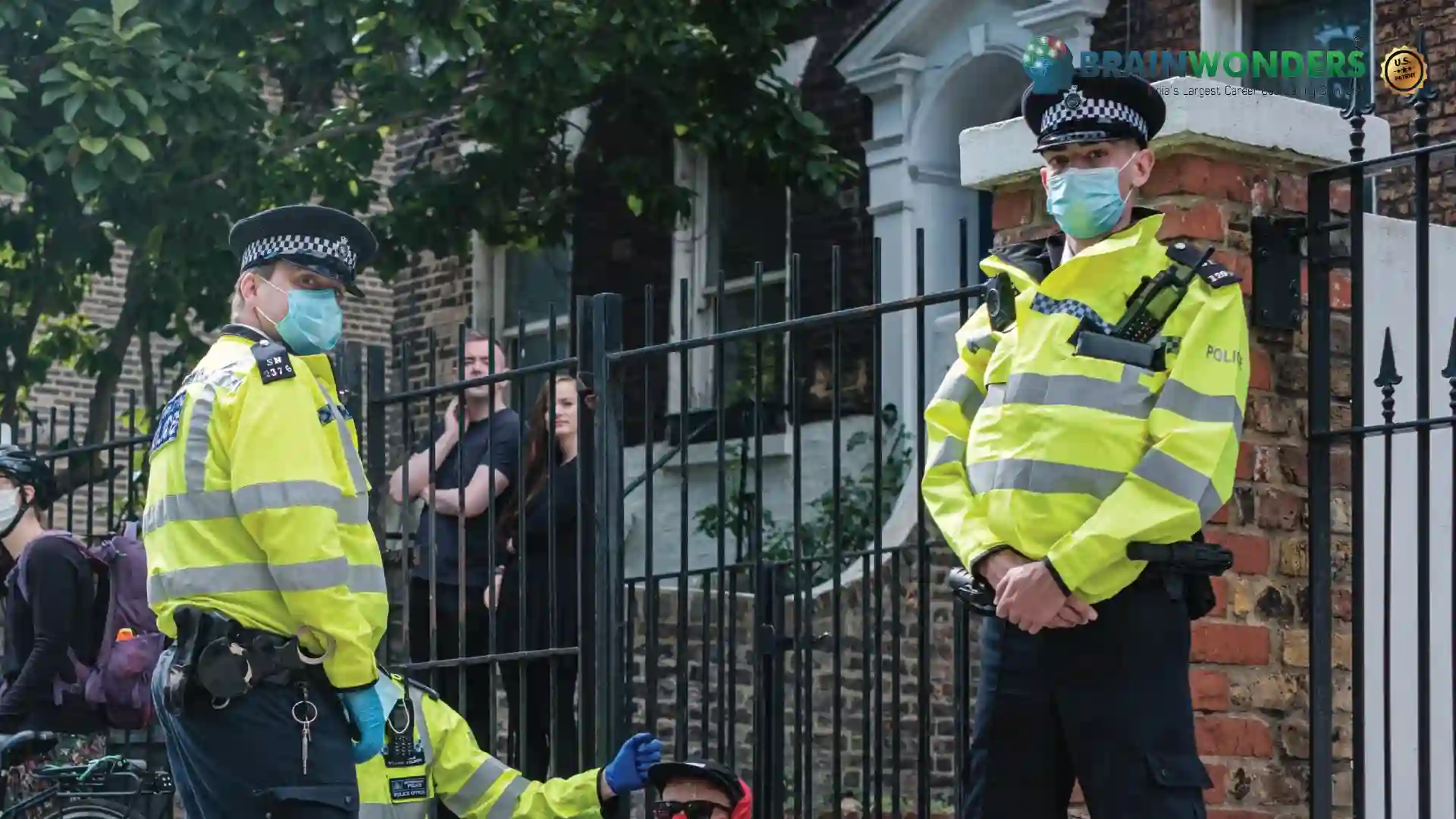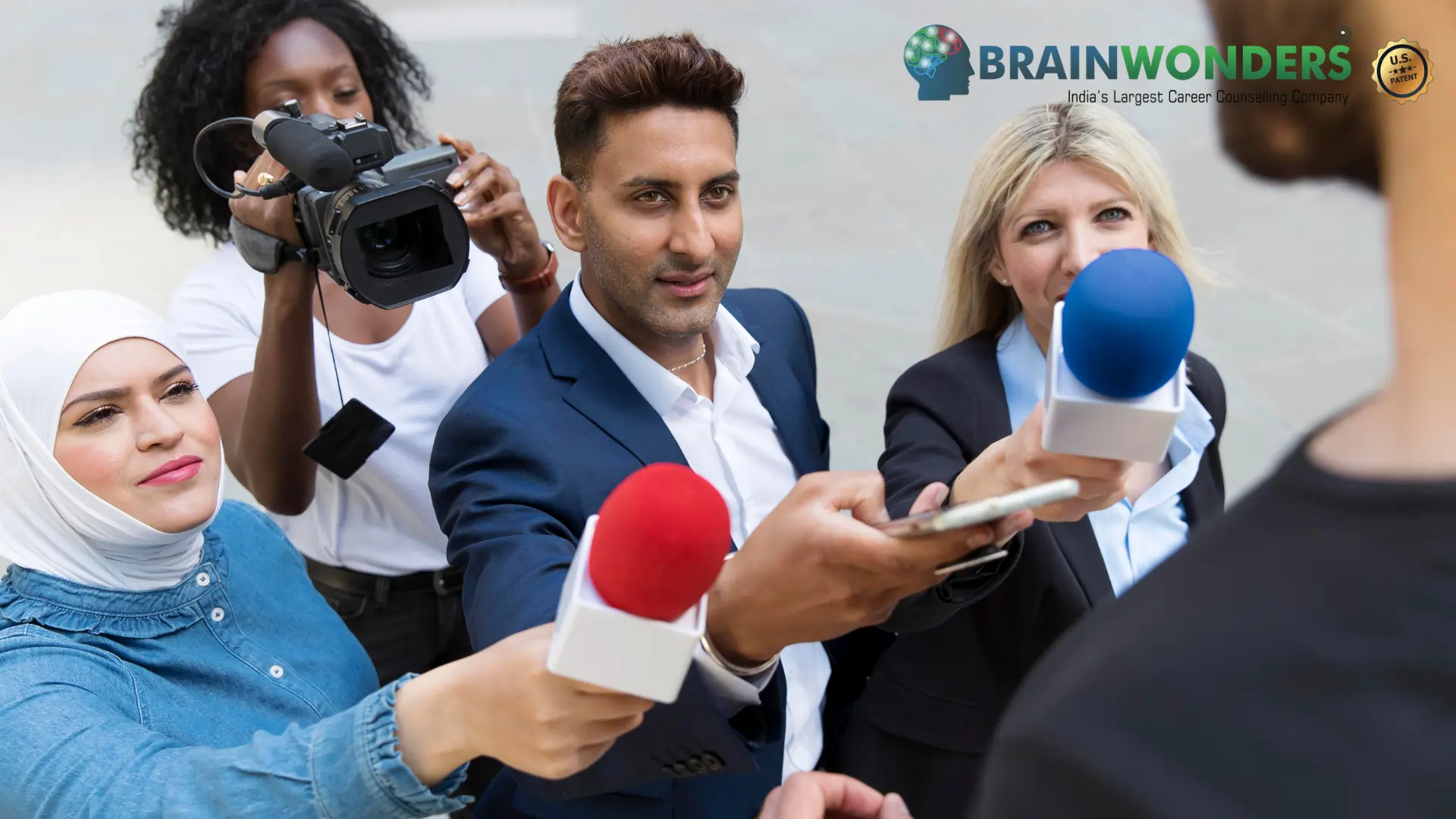How to become a Human Rights Lawyer
Overview, Courses, Exam, Colleges, Pathways, Salary

Overview
Who is Human Rights Lawyer ?
Human rights law aids in safeguarding our human rights, the fundamental liberties that should be granted to every citizen from birth to death. Human rights attorneys are at the forefront of fighting abuses and violations of human rights everywhere in the world. They fight cases pertaining to their clients' inherent dignity.
They safeguard the rights of disadvantaged and vulnerable people, oppressed groups, women, LGBTI communities, children, ethnic people, and refugees among many others. They have to fight for those who underwent great injustices. Human rights lawyers hold states, businesses and confrontational groups accountable after committing violations or abuses of human rights.
Typical day at work
What does Human Rights Lawyer do?
Job description, Profiles, Roles and Duties:
- Challenging discrimination and protecting common people's rights and freedoms.
- Protecting rights and freedoms wherever they are at risk in the world.
- Fighting against human rights violations on behalf of victims.
- Counsel clients and make sure that they know their rights.
- Speak to clients and eyewitnesses for gathering statements.
- Contact clients, co-workers, judges and other parties involved in the case.
- Carry out research and review legal issues.
- Infer individual and company rules, laws and regulations.
- Presenting specifics to clients or others in writing and verbally, and arguing on behalf of them.
- Formulate and register legal papers, like legal cases, lawsuits, wills, contracts and deeds.
- Negotiating with attorneys who represent other parties.
- Ensure that all agreements made are put into effect.
- Counsel police on investigations, seek injunctions in violation of privacy or initiate prosecutions against organisations or even the government.
- Review results, and build tactics and arguments to prepare and present cases.
- Collect information to defend or initiate legal proceedings, like questioning clients and witnesses to determine the facts of a case.
- Formulate legal briefs and judgments and lodge appeals in federal and state appeal courts.
- Examine and review public and other legal records for the purpose of writing opinions or establishing ownership.
Abilities and Aptitude needed
What are the skills, abilities & aptitude needed to become Human Rights Lawyer?
It's not enough to have just formal schooling. The legal field may be challenging, necessitating you to remain updated, resolute and persuasive.
Learning the law and its consequences should be your primary objective irrespective of the role you find fit in this area. Furthermore, strong communication abilities are needed because human rights law is widely interdisciplinary. Lawyers also need to gain their clients' respect and confidence by establishing a trusting relationship, so that they feel secure enough to share their case-related personal details.
Human rights lawyers aid their clients in finding solutions to challenges and issues. As a result, vast quantities of knowledge must be evaluated, relevant evidence identified and feasible solutions suggested. Substantial research is also normally essential in formulating legal advice or representation for a client and find out what laws and regulations are appropriate to a particular matter.
Lawyers have to be detached from their emotions and prejudices arising from the issues of their clients and assess the matter impartially. As a human rights lawyer, you will be subjected to emotionally exhausting situations and thus, enhancing your own resilience will help you get a better job done. Good problem-solving abilities are therefore significant for lawyers to come up with the best defence and suggestion.
When formulating essential documents, they must be accurate and particular. Clients are employing human rights lawyers to speak for them and be persuasive in winning the cases. Therefore, lawyers ought to be able to articulate and clarify their case clearly to arbitrators, mediators, opposing parties, a panel of judges or juries.
Pathways
How to become an Human Rights Lawyer?
Entrance Exam
Entrance Exam for Human Rights Lawyer ?
Courses
Which course I can pursue?
Best Colleges
Which are the best colleges to attend to become an Human Rights Lawyer?
Industries
Which Industries are open for Human Rights Lawyer?
internship
Are there internships available for Human Rights Lawyer?
Career outlook
What does the future look like for Human Rights Lawyer?
Human rights lawyers are involved in fields ranging from housing and healthcare to security and immigration. From a legal perspective, they may also choose to advocate human rights concerns within local government, government departments and non-governmental organizations (NGO’s). Human rights lawyer jobs are available in courts of human rights. Additionally, human rights lawyers usually work in businesses, law firms and chambers. The work profile itself is diverse and can comprise family law or commercial disputes too.





.webp)

